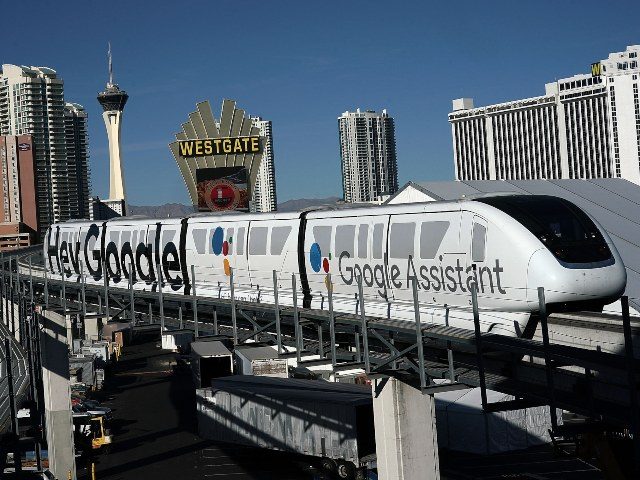CNBC published an article recently taking issue with Google’s argument that the tech giant competes with “lots of companies” in the advertising industry.
In a recent article titled “Google Says it Competes With ‘Lots of Companies’ in Advertising — Here’s the Hole in That Argument,” CNBC takes issue with Google’s claims that although it dominates the online advertising space alongside Facebook, it still faces tough competition. CNBC spoke directly to some of the companies that Google has used as examples of competition, many of which directly disagreed with Google’s claims.
CNBC outlines Google advertising market dominance stating:
According to eMarketer, Google will reach a milestone of surpassing 20% of all U.S. ad spending both online and offline this year. Google captures 74.6% of U.S. search ad spending. And the company is expected to lead the U.S. digital ad market with a 37.2% share, totaling $48.05 billion this year. Regulators will likely examine whether Google has genuine competition among technologies along the links of the digital media supply chain, among other factors.
The Trade Desk responded to Google’s claims of competition, stating that the tech giants vested interest in a number of areas of digital media make it hard for the firm to be objective. The Trade Desk stated:
At The Trade Desk, we believe an open, competitive market for digital advertising increases effectiveness for advertisers, improves revenue for publishers and funds a broad scope of premium content for all consumers,” the company said in an emailed statement. “As with many markets, it’s hard to be objective if you operate on both the buy- and the sell-side of digital advertising, and that’s key to an open, competitive market.
Telaria, which acts as a software platform managing video advertising, responded to Google’s claims as well with CEO Mark Zagorski stating:
We believe there is an increasingly important role for independent, unconflicted technology platforms like Telaria to empower publishers to control and monetize their video content. As more consumers cut the cord in favor of big screen, CTV content, and as more of that content becomes ad-supported, issues around transparency, trust and conflict of interest within the digital walled gardens are taking center stage. Healthy competition in the ecosystem creates an environment that drives the development of innovative technology solutions that support a video advertising market that is more transparent and fair for publishers, marketers and consumers.
Read the full report from CNBC here.
Lucas Nolan is a reporter for Breitbart News covering issues of free speech and online censorship. Follow him on Twitter @LucasNolan or email him at lnolan@breitbart.com

COMMENTS
Please let us know if you're having issues with commenting.